On December 11, in Hanoi, the Ministry of Education and Training (MOET) coordinated with Plan International Vietnam and other units to organize a workshop on "Consultation on Review of Non-Communicable Disease (NCD) Prevention Policy for Students and Technical Guidance on Building a Friendly Healthcare Model in Schools".
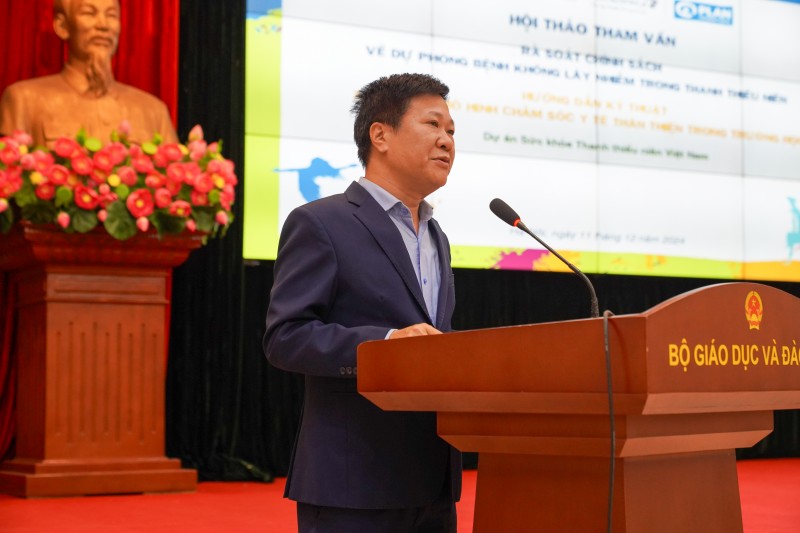 |
Dr. Nguyen Nho Huy, Deputy Director of the Department of Physical Education, delivered the opening speech at the consultation workshop. (Photo: Ha Minh). |
In his opening speech, Dr. Nguyen Nho Huy, Deputy Director of the Department of Physical Education, Ministry of Education and Training, emphasized the role of school health in building a healthy learning environment for students. He said: “School health is important and extremely necessary. In recent years, the health and education sectors have made great efforts to build a school health network from central to local levels to carry out the task of taking care of students' health, creating a favorable environment for them to study and develop well both mentally and physically. In the context of many changes in the socio-economic situation, school diseases in general and some non-communicable diseases such as overweight and obesity, type 2 diabetes, mental health disorders or other non-communicable diseases such as asthma, lung diseases... tend to increase and greatly affect the health and learning capacity of children. Therefore, the role of a friendly health care model in schools is essential to create a friendly and open environment for students to feel more comfortable in accessing and learning about health information."
Plan International representative, Ms. Le Quynh Lan, Program Impact and Partnership Manager said: “Evidence shows that unhealthy behaviors contribute to non-communicable diseases, including unhealthy nutrition, smoking, lack of physical activity, alcohol use, etc. These habits are often formed in adolescence but can have long-term consequences and impacts that even span multiple generations. Therefore, we need to pay special attention to the growth and development of students while they are still in school. By improving the quality of health care activities for students as well as upgrading facilities, school health conditions, and the capacity of school health workers, as well as enhancing communication and health education activities for students, the Youth Health Project will build a student-friendly health care model that is gender-responsive and targets non-communicable disease prevention. From there, lessons learned will be recorded as evidence for implementation nationwide.
The workshop received attention and many useful comments from experts, propagandists and teachers on the gaps in policies and Technical Guidelines on building a friendly healthcare model in schools. At the end of the session, Dr. Nguyen Nho Huy requested the Drafting Committee to synthesize and absorb opinions in a scientific and selective manner to soon complete the Technical Guidelines, contributing to improving the quality of healthcare for students in the future.
Some pictures at the event:
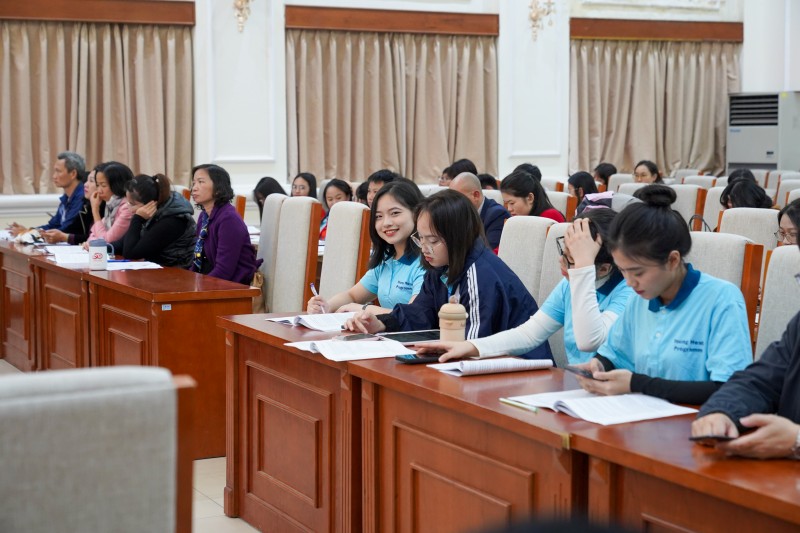 |
| Propagandists of the Youth Health project at the workshop (Photo: Ha Minh). |
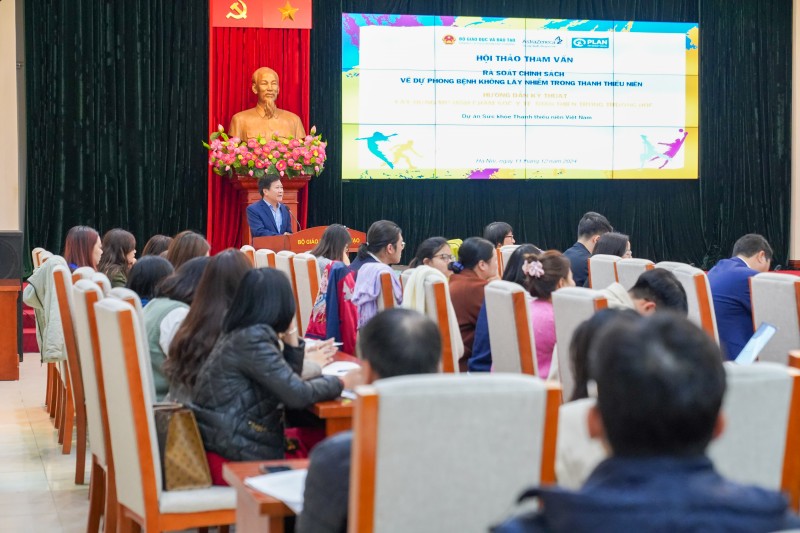 |
| Representatives of secondary schools, high schools and universities at the workshop (Photo: Ha Minh). |
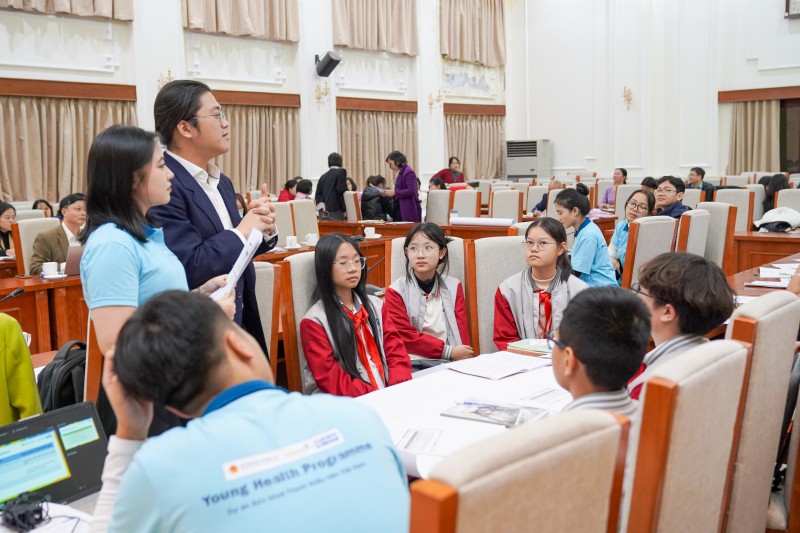 |
| Propagandists discuss in groups on the topic of gender-friendly and responsive healthcare in schools (Photo: Ha Minh). |
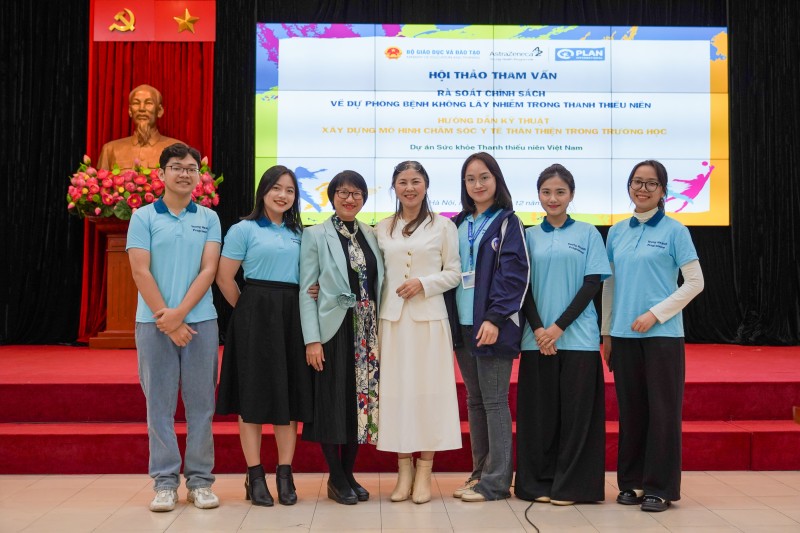 |
The workshop is within the framework of the project "Vietnam Youth Health" phase 2 (2023 - 2025) (Photo: Ha Minh). |
Source: https://thoidai.com.vn/ra-soat-chinh-sach-du-phong-benh-khong-lay-nhiem-cho-hoc-sinh-sinh-vien-208471.html



![[Photo] Flag-raising ceremony to celebrate the 50th anniversary of the Liberation of the South and National Reunification Day](https://vphoto.vietnam.vn/thumb/1200x675/vietnam/resource/IMAGE/2025/4/30/175646f225ff40b7ad24aa6c1517e378)



![[Photo] General Secretary To Lam presents the title "Hero of Labor" to the Party Committee, Government and People of Ho Chi Minh City](https://vphoto.vietnam.vn/thumb/1200x675/vietnam/resource/IMAGE/2025/4/30/08a5b9005f644bf993ceafe46583c092)

![[Video] Plan International brings solid classrooms to disadvantaged students in Quang Tri](https://vphoto.vietnam.vn/thumb/402x226/vietnam/resource/IMAGE/2025/2/28/a914247519384bdfb525a363c0b704d8)
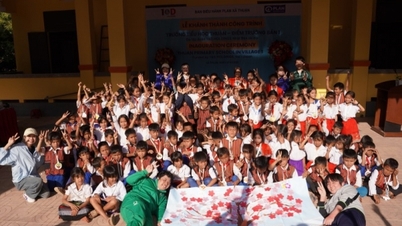





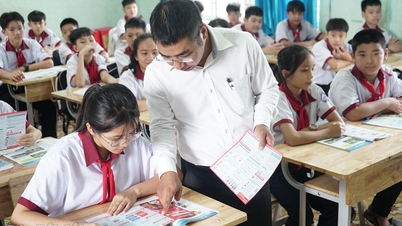











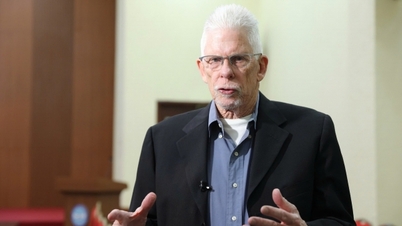

![[Photo] Demonstration aircraft and helicopters flying the Party flag and the national flag took off from Bien Hoa airport](https://vphoto.vietnam.vn/thumb/1200x675/vietnam/resource/IMAGE/2025/4/30/b3b28c18f9a7424f9e2b87b0ad581d05)














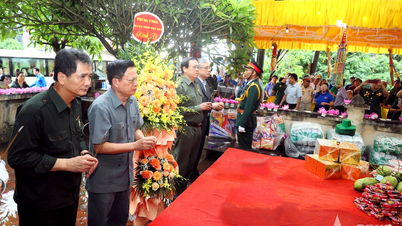




























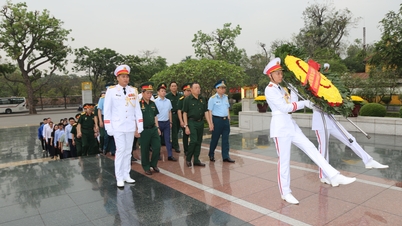

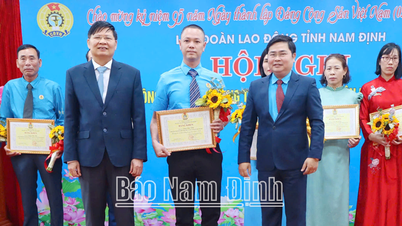






















Comment (0)